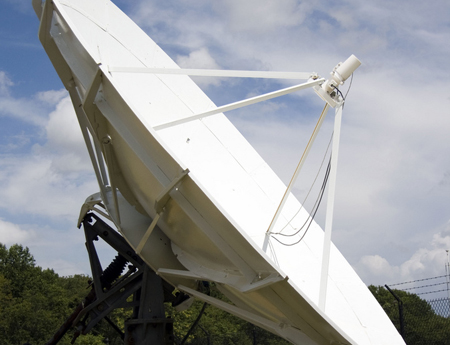FCC Approves New Constellations of Broadband Satellites

The smarter way to stay on top of broadcasting and cable industry. Sign up below
You are now subscribed
Your newsletter sign-up was successful
The FCC voted unanimously Thursday to promote more competition for broadband access by approving the requests of four companies to access the U.S. market with satellite-delivered services. They are SpaceX, Kepler, Telesat Canada and LeoSat MA, all seeking to deploy constellations of non-geostationary orbit constellations of satellites to deliver broadband to rural areas or for internet of things connectivity or space-based data backhaul.
The SpaceX proposal is to deploy and operate a worldwide broadband delivery service using those satellites, while Kepler, Telesat and LeoSat all want access to the U.S. market for their similar broadband-delivering geostationary constellations to connect the global internet of things. LeoSat also wants to provide enterprise (business) service.
Back in February, FCC chair Ajit Pai recommended to the other commissioners that they approve the application by SpaceX to launch a global, satellite-delivered broadband service. Google was a big investor in SpaceX, presumably to get in on the satellite broadband play.
The FCC has already approved applications by satellite companies OneWeb and SpaceNorway for access to U.S. markets.
That vote Thursday (Nov. 15) was part of an all-space-related Nov. 15 monthly public meeting.
"Today, we are not picking winners and losers in a competition to provide more broadband to more Americans," said commissioner Brendan Carr. "Instead, he said, "we let these companies move forward and allow the market to decide their success."
Chairman Pai said that the FCC approval of the services reflects the FCC's fundamental approach to "encourage private sector to invest and to innovate and allow market forces to deliver value to American consumers." He also cited the promise of those new satellite services to bridge the digital divide.
The smarter way to stay on top of broadcasting and cable industry. Sign up below
Contributing editor John Eggerton has been an editor and/or writer on media regulation, legislation and policy for over four decades, including covering the FCC, FTC, Congress, the major media trade associations, and the federal courts. In addition to Multichannel News and Broadcasting + Cable, his work has appeared in Radio World, TV Technology, TV Fax, This Week in Consumer Electronics, Variety and the Encyclopedia Britannica.

